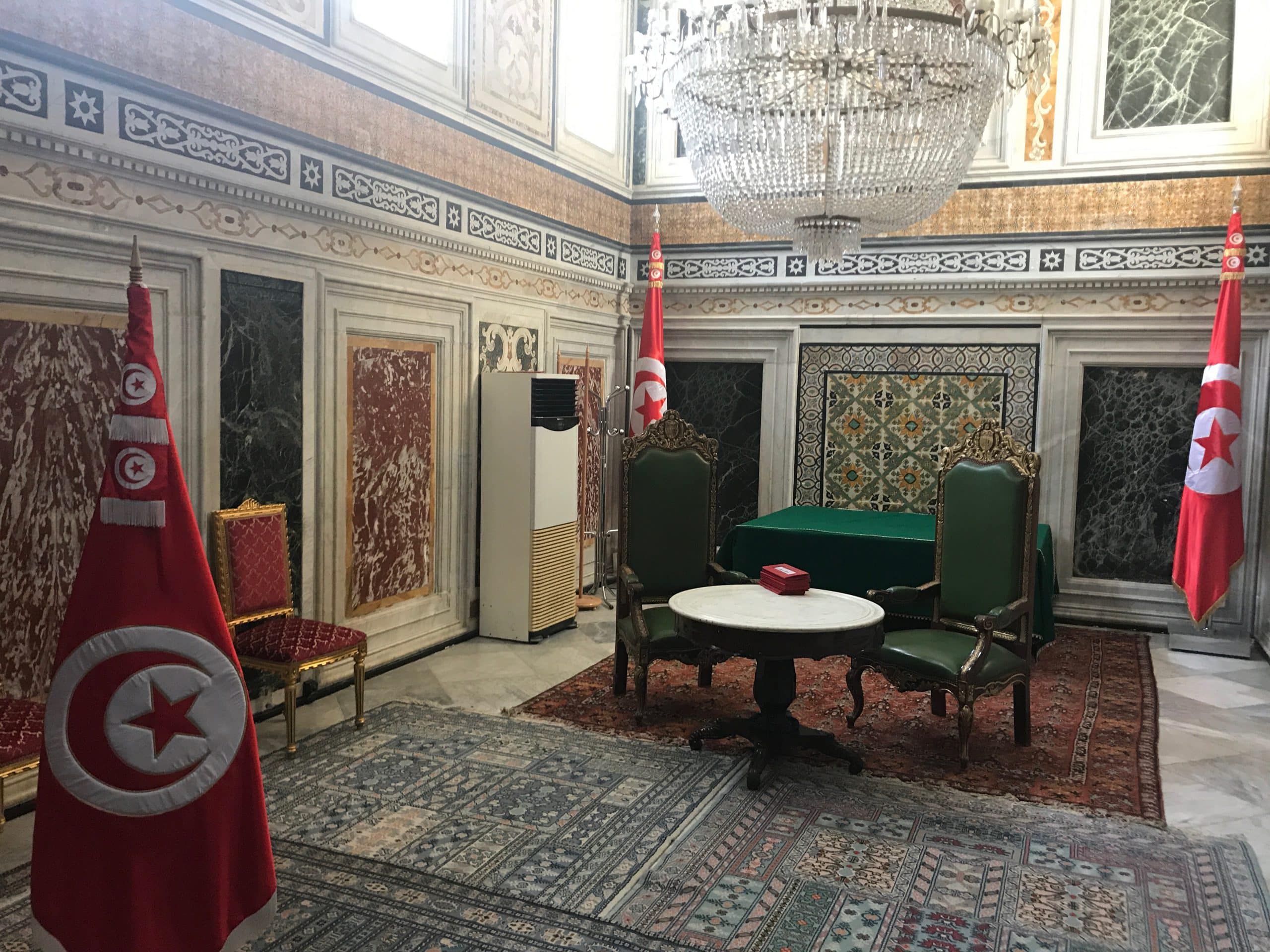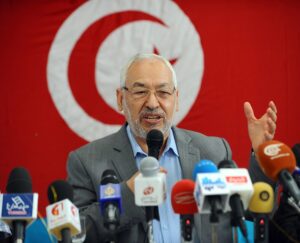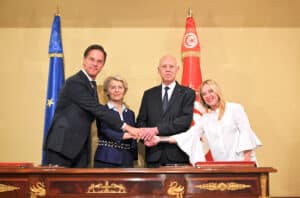Tunisia remains without a government after the parliament rejected the government proposed by prime minister designate Habib Jemli in a session on Friday 10 January. With only 72 of the 213 lawmakers voting in favour of the proposed cabinet, most of the votes came from the Ennahda fraction in parliament supported by an allied faction. But even the Ennahda camp admitted on Thursday that they had there “reservations” over the proposed government presented by Jemli, who was appointed by the Ennahda movement itself. Jemli promised to form a cabinet made up of independent technocrats, but the line-up failed to convince the politically divided Tunisian parliament. Many parties and members of civil society accused Jemli of appointing pro-Ennahda magistrates to key ministries such as the justice and interior department. While the Qalb Tounes party, the second-largest party in parliament, questioned the competence of certain ministers in the Jemli government. The general consensus was that the Ennahda party was trying to seize too much power with while holding only a quarter of the parliamentary seats.
Calls for a “national salvation” government
President Kais Saied now has 10 days to appoint a new prime minister designate. If this appointee fails to form a government in a month, the parliament will be dissolved and new elections will be called for. After the failed vote, a wide variety of politicians and civil society organizations called on the president to pick an independent personality who should try to form a so-called government of national salvation. The National Observatory for the Defence of the Civilian Nature of the State (ONDCE) warned against any form of partisan quota in a new government, calling for the establishment of a clear and well-studied programme to bring the country out of the crisis. Nabil Karoui, party leader of Qalb Tounes, was quick to support this initiative, and already proclaimed that his party would establish a national initiative that would bring together parties and parliamentary blocs, this initiative already consists of more than 90 deputies according to Karoui. Whether this can be seen a politically motivated move to gain more power or as a genuine initiative to move the country forward remains to be seen.
Responsibility lays with all political parties
Tunisians hope that a new government can boost the declining economy, with unemployment rates being at 15% and inflation increasing. On top of that, the country faces an influx from refugees fleeing neighbouring and war torn Libya. While the current caretaker government struggles to secure its border and control its public debt, a new government would be better equipped to deal with the problems facing the divided country. A failure to form a new government would require a new round of elections, thus leaving the country without a government for an extensive period. Furthermore, new elections wouldn’t guarantee a quick establishment of a new government. With the political landscape being fragmented as shown in the recent elections, a new election isn’t likely to create more favorable conditions to agree on a new government. The responsibility thus lays with the lawmakers and political parties in parliament, who should set aside some of their historic differences and get together to form a government and end the current deadlock.
Sources: Aljazeera TAP Dailyinterlake



